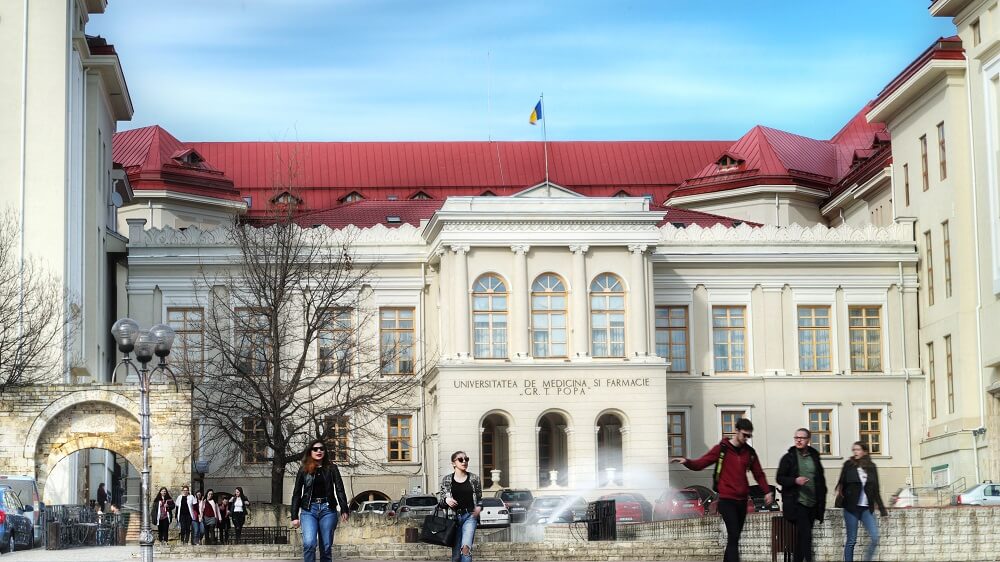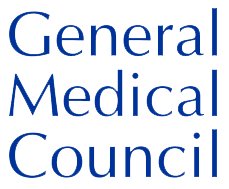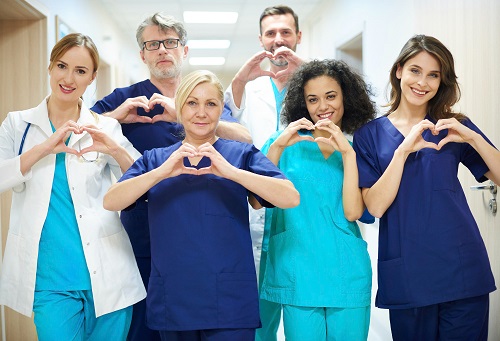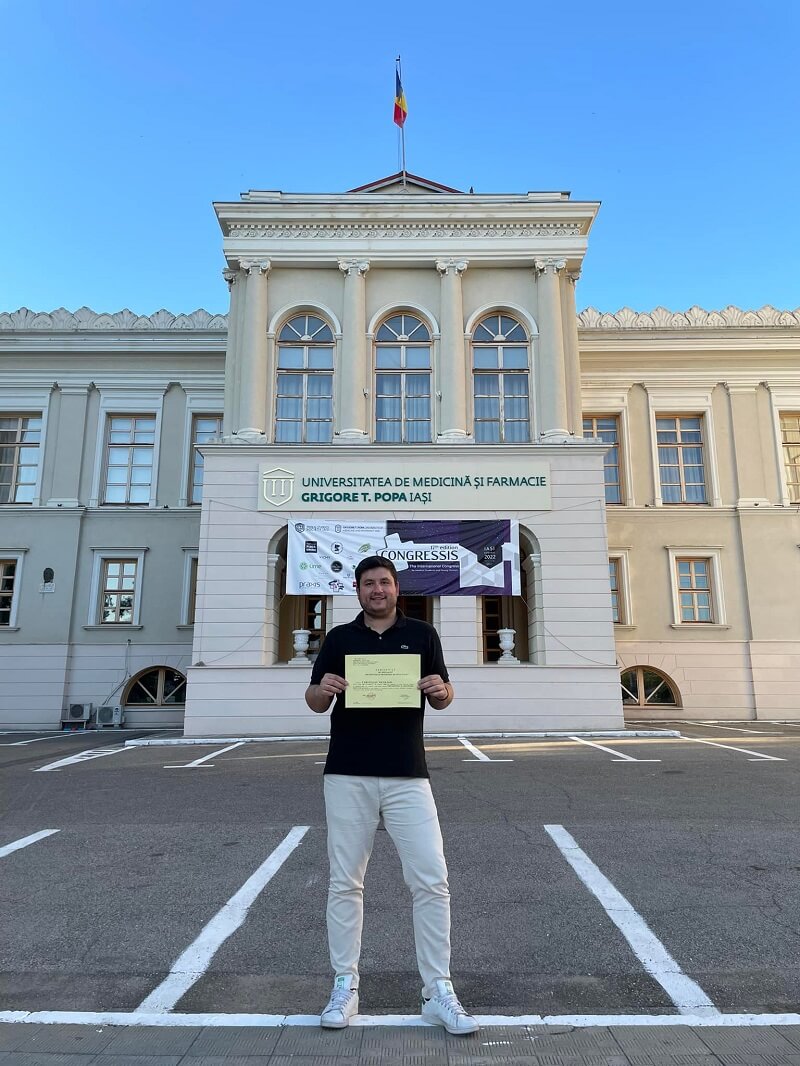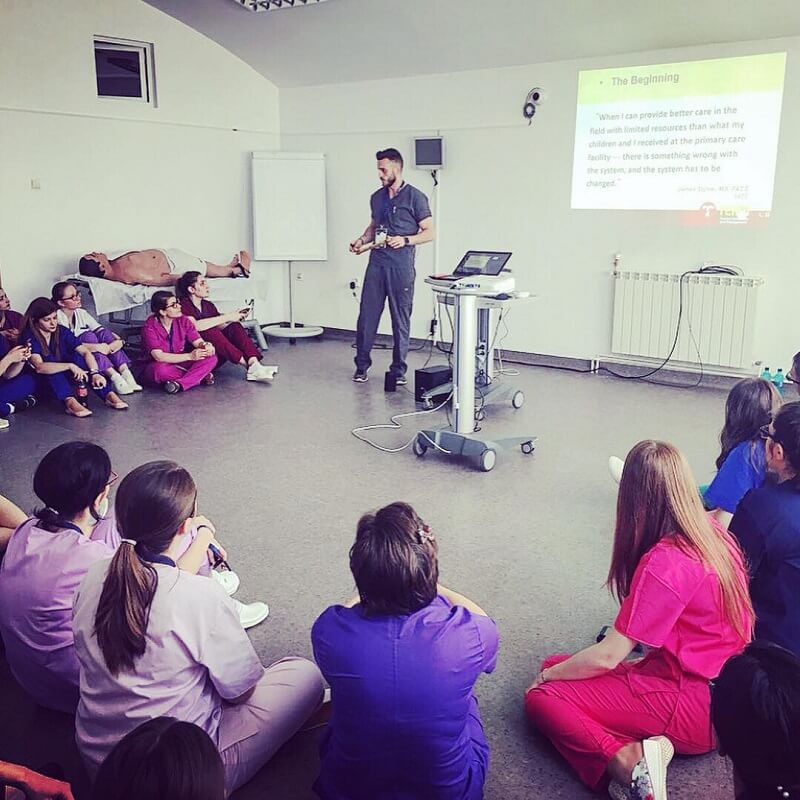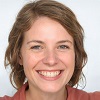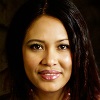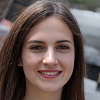Medicine
The medicine programme lasts 6 years and is entirely taught in English. The first academic cycle lasts 3 years and emphasises pre-clinical studies and medical fundamentals.
The following 3 years are dedicated to clinical education and include surgical and preventive medicine courses as well as hospital experience.
Every summer, from the first to the fifth year of study, students are required to work in affiliated hospitals, medical centres, or clinics. Students must complete a minimum of four weeks of work experience per year and acquire a minimum of 800 hours of practical experience within the first five years.
In their senior year, students must compose a dissertation based on a topic assigned by their instructor. To graduate, students must pass the state examinations, which include a written test and an oral defence of their thesis research.
Successful students are awarded a master's degree and the title "Physician" (MD).
All credentials are globally recognised, allowing graduates to practise anywhere in the world.
Dentistry
The 6-year programme in dentistry is also taught entirely in English. The course is divided into two sections: 2/3 stemmatological courses and 1/3 medical, surgical, and fundamental theory.
From year 1 to year 5, students are required to spend a minimum of four weeks each summer working in university-affiliated hospitals, clinics, or dental offices. Over a period of five years, 800 hours are required.
During the sixth year of dental school, students are required to complete a number of integrated courses on complex oral treatment training and practical study. In addition, they must compose a dissertation on a topic selected in collaboration with their instructor.
To qualify, students must take state-mandated written exams that assess their knowledge of dental medical practice and procedures. In addition, they must pass a practical examination in four subjects. Before a panel of accomplished dentists and professors, students must present their theses to defend them.
Students who complete the programme earn a Master's degree and the title of “Dentist”. Due to the high demand for dentists and the availability of state funding, some graduates continue to practise in Romania.

